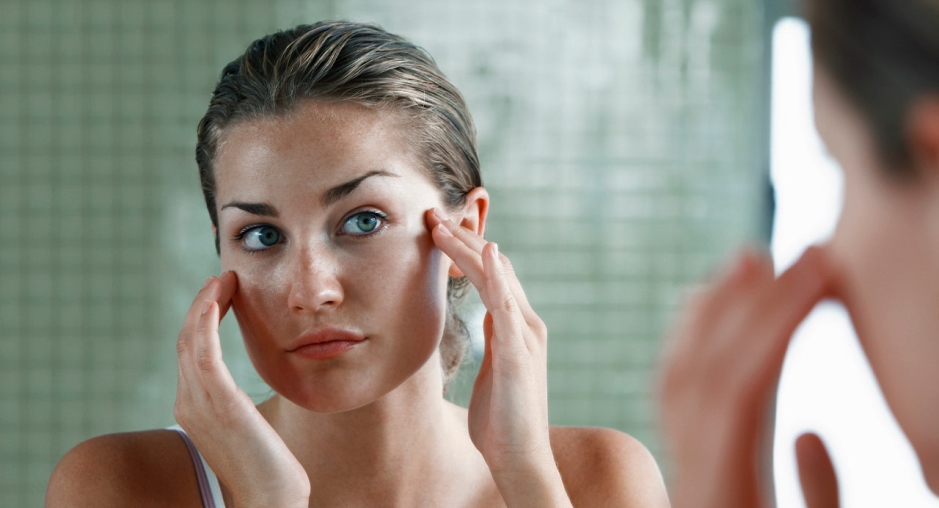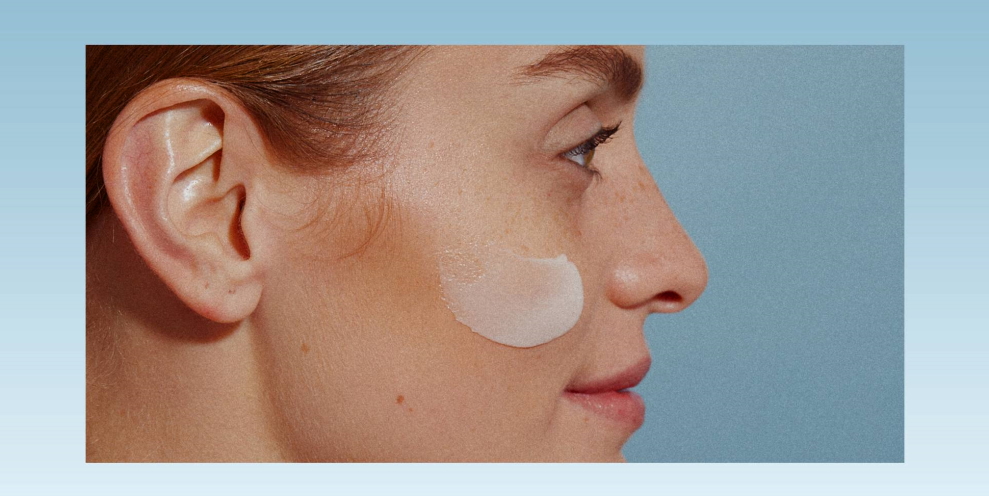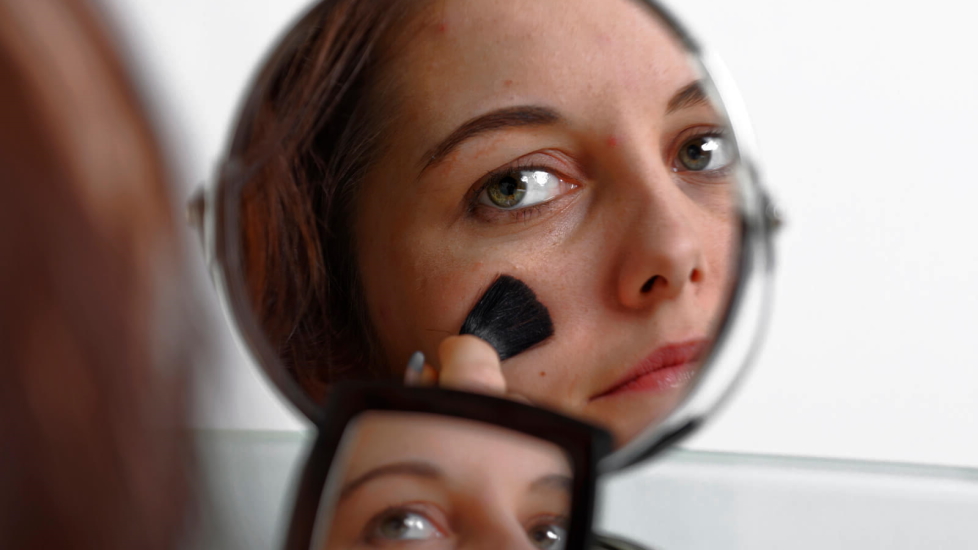How to Cover Skin Flaws with Makeup
At any given time, we have a million things on our minds. We’re worried about what to wear, how to get everything done, and the next thing coming at us. So it’s no wonder that many of us don’t know where to begin when it comes to putting on makeup. But with some tips and tricks up your sleeve, you can feel confident in your skin, knowing that you got it covered.
Cover skin imperfections with makeup
We all know that it’s essential to maintain a healthy lifestyle, but sometimes our skin acts up, leaving us with unwanted blemishes. Whether you have an acne problem or just some redness from shaving, here are some tips on covering your skin flaws with makeup.

- Use foundation in the skin tone color (and add a little pigment if you need more coverage) and apply it using circular motions for lighter coverage or straight lines for heavier coverage. If your skin is oily, use powder instead of liquid foundation.
- Add concealer over any dark circles under the eyes and around the mouth area. Apply bronzer on top of this if desired. For spots or pimples, use a small amount of concealer.
Does primer cover dark spots?
Primer is a makeup step that can even out skin tone, but does it cover dark spots? The answer may depend on the primer you are using. For example, some primers have yellow-based color, which helps counteract redness in the skin, and others might use light-reflecting particles to help create an even complexion. If your primer contains these ingredients, then yes, it can also serve as a concealer for those pesky dark spots that refuse to disappear over time.

As a woman, you are probably well aware of the importance of having clear skin. However, what if you have dark spots that don’t want to go away?
Does your makeup keep sliding off and causing more problems than it solves? Primer is often an overlooked step when applying foundation, but it helps ensure that your makeup stays put throughout the day. Foundation itself doesn’t cover any imperfections, so using a primer first ensures that your coverage has a solid base. It’s also essential for women with sensitive or acne-prone skin as primers generally contain less irritating chemicals which won’t cause breakouts like some foundations may do.
Posts
Hello darling!
Have a general question, need wedding advice or just want to pop in to say hello? We’d love to hear from you!
Email us at [email protected]
If you’re a wedding professional looking for advertising or submissions, please visit our advertise page or submissions page to connect with us!







